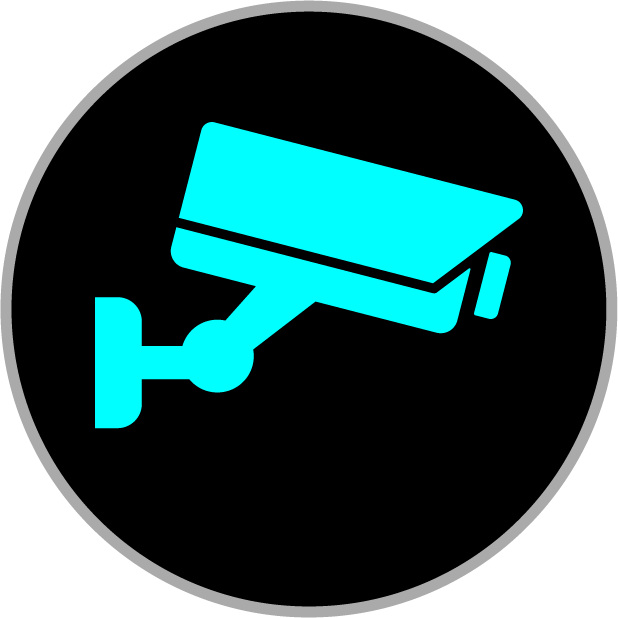
{AI & Society}
Vocabulary: artificial intelligence (AI), assistant, machine learning, data, knowledge, information, device, society
Grammar: must, have to, mustn't, don't have to (modal verbs of necessity); ought to (modal verb of obligation)
Short video: What is AI?
Discussions: How is AI used in our daily lives? Do you think AI will replace human jobs? Why or why not? What are some problems with AI?
Debate: AI does more harm than good to society.

{Have you ever
used AI to write your homework?}
{What do you know
about AI?}
{What AI tools have
you heard of?}
{Can you give an
example of a task
that AI can do better
than humans?}
{What does AI
stand for?}
{Have you ever
used an AI assistant
like Siri or Alexa?}

Getting to know you!

{Introduce yourself.}
{Choose a classmate and ask them:}
{Choose someone
to go next!}





AI in everyday life
{Which of these AI tools
have you used? How?}
{Which do you find the most interesting? Why?}
{How can AI help us
in our daily lives?}


{AI assistants
like Alexa and Siri}
{music and
streaming apps}

{smart watches
and home devices}


{AI characters
in games}
{photo editing}
{The ability of a
computer or machine
to think and learn like
a human.}
{artificial intelligence}



What's the word?

{A person or a tool that helps you do tasks.}

{assistant}

What's the word?


{A type of computer program that learns and improves from experience.}

{machine learning}

What's the word?


{Facts or details
about a topic.}

{information}

What's the word?


{What you know and understand about something.}

{knowledge}

What's the word?


{A tool or machine designed for a specific task.}

{device}

What's the word?


{Information collected
in numbers or facts
and used by
computers and
electronic devices.}

What's the word?
{data}



{People who live in the same area and interact with each other.}

What's the word?
{society}







Watch this!
comparable = similar in some way
perform = do
equipped = have
detect = notice something
relevant = important
or useful

What exactly is artificial intelligence? We speak of AI when computer systems perform tasks that usually require human intelligence.
This includes, for example, recognising images, making decisions
or engaging in dialogue.
To do this, the AI systems must be equipped with knowledge and experience. This can be achieved in two ways:
You can programme each individual instruction so that the machines solve the tasks step by step. This is comparable to a cooking recipe
or assembly instructions.
Alternatively, you can use programmes that learn from data themselves.
This enables them to detect relevant information, draw conclusions or make predictions. This is known as machine learning.
perform
equipped
comparable
detect
relevant



{How can
AI learn?}
{What tasks or
jobs can AI
do?}


{Do you think AI
will replace these
human jobs? Why
or why not?}


What do you think?
{delivery driver}
{artists}
{fast food workers}
{doctors}
{sports coaches}





Problems with
AI usage

{We ought to ...}

{We must ...}

{We have to ...}

{We mustn't ...}

{We don't have to ...}
Problem 3
Students are using AI to write their homework and
essays, raising concerns
about academic honesty.
Problem 2
AI is being used to create more challenging video game opponents, but some players feel it
makes games unfair.
Problem 1
AI is used in language learning apps, but some students feel it lacks the personal touch of a human teacher.



That's terrible advice!

"Alexa, I want to get fit.
Any tips?"
"Alexa, I have a math test
tomorrow. Can you help me?"
"Alexa, I think there's a ghost in
my house. What should I do?"
"Alexa, the kitchen is on fire. Help!"







{You
have
to ...}
{You
ought
to ...}
{You
must ...}

{AI does more
good than harm
to society.}

{DISAGREE}
{AGREE}







{AI does more
good than harm
to society.}
AI can help you
learn languages,
so you can talk to
people all over
the world.
If people use AI
too much, they will
stop thinking for
themselves.
AI and robots can
do many jobs that
people do.
AI can be used to
spy on people
or make robots
that hurt others.
AI can help with
homework.
AI and robots
can do many
household chores.

{DISAGREE}
{AGREE}






{What choices would
you trust AI to make
for you?}
{If you could train AI
to do a task for you,
what would it be?}
{What AI feature do
you wish your phone
or computer had?}
{Would you ever use
AI to learn a new skill
or hobby? If so, what
would it be?}
{How would you feel
if your teacher used
AI to grade your
homework?}
{What’s the funniest
thing you’ve ever
asked an AI assistant?}
{ask}
{answer}


Chill & chat!






{yes}
{no}
{Did you enjoy today's lesson?}

too easy
too difficult
{How was today's lesson?}



just right
Choose
1 emoji


{Don't forget to check out the activity book!}

{Goodbye!}

{AI in the home}
{heating}
{lighting}
{TVs}
{fridge}
{doorbells}
{robotic
cleaners}
{security
cameras}
{smart plugs}
{speakers}

{Do you have AI
devices in your
home? Tell us more.}

SMART
HOME











{What AI devices would you like to see in the future?}
AI & Society
By Kate Pearce
AI & Society
- 433



